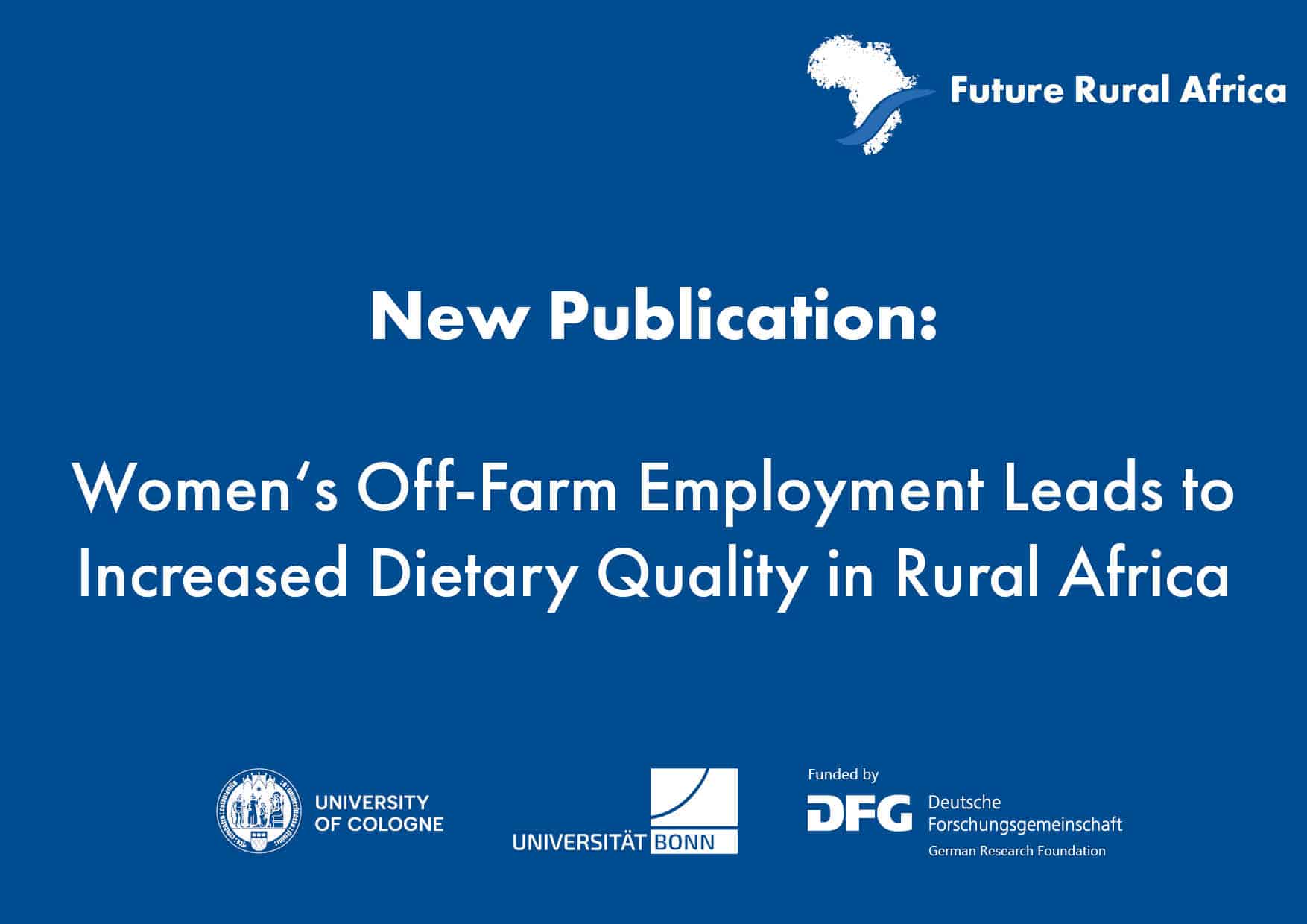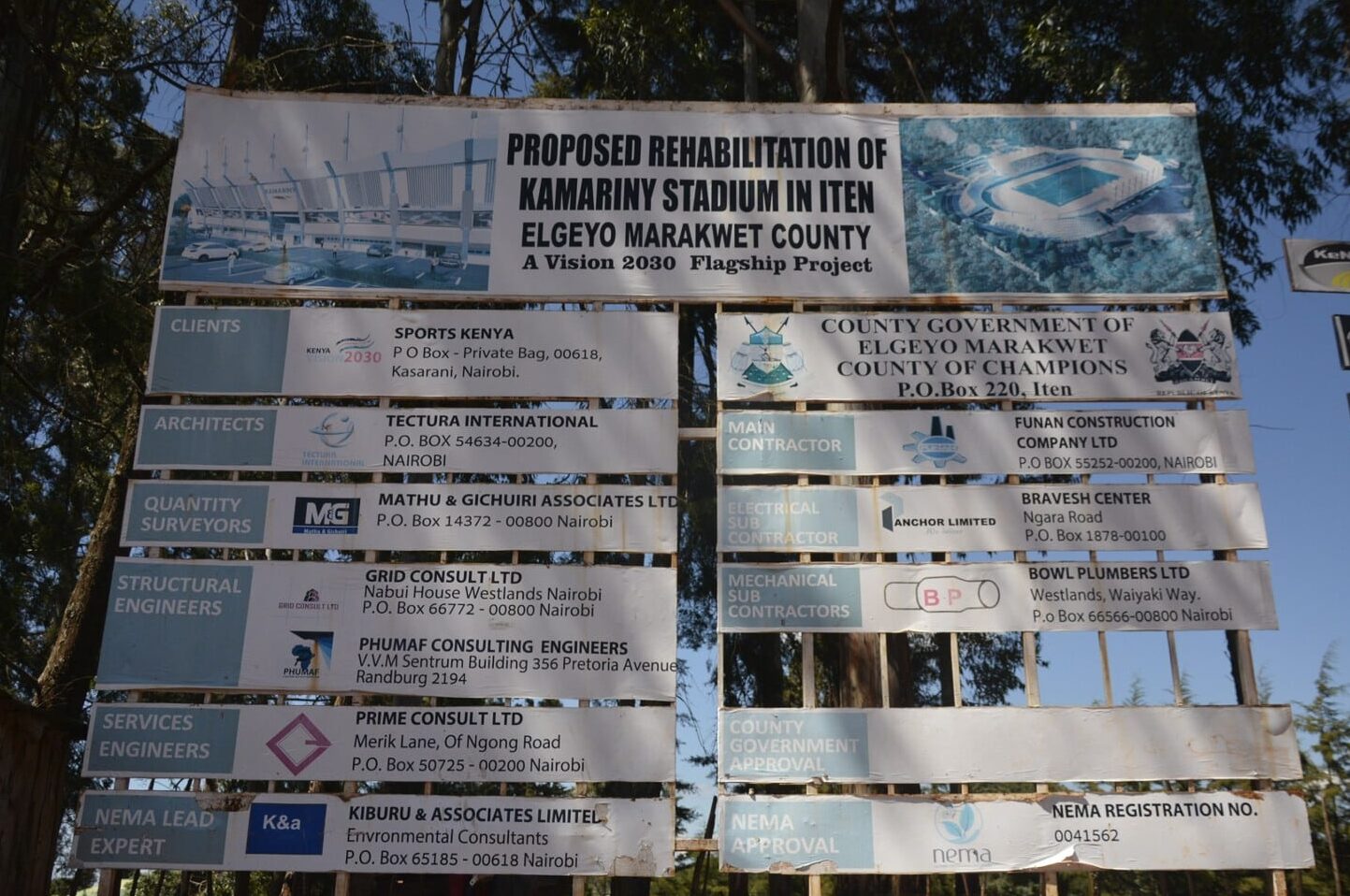In their latest publication, researchers Ndapewa Fenny Nakanyete, Kenneth Matengu and Javier Revilla Diez, from Future Rural Africa Sub-Project C01 Future in Chains, look at the commercialization of non-timber forest products (NTFPs) in Namibia. In particular, they focus on Devil’s Claw, a highly sought-after resource in the Western medicinal and supplement industry for its use in natural anti-inflammatory remedies. For the San people living in Bwabwata National Park, harvesting it for regional and global markets has not succeeded in breaking persistent cycles of marginalisation within their community.
Future Rural Africa Project C01 Future in Chains recently conducted a result workshop in Bwabwata, Namibia, where project members shared their research findings with the San communities there. Researcher Napewa Fenny Nakanyete has centered her PhD around the commercialization of non-timber forest products in Namibia and recently completed her University of Cologne & University of Namibia Cotutelle PhD.
Abstract
This paper investigates why the harvesting of non-timber forest product (NTFP) by the indigenous San people for regional and global markets has not succeeded in breaking persistent cycles of marginalisation within their community. In addition, it assesses the necessary prerequisites for successful NTFP value addition for San while identifying factors that hinder their ability to establish community enterprises, such as cooperatives, that could facilitate revenue development. To conduct this research, we employed an exploratory qualitative case study approach, combining empirical data with secondary sources. The findings indicate that San communities in Bwabwata National Park, through the Kyaramacan Association, collaborate with the government, tourism operators, and a NTFP exporter to generate income for the San communities but faces challenges related to value addition and bargaining power. In contrast, in Okongo, San harvesters lack organised structures and infrastructure, experience exploitation by local traders, and encounter difficulties in commercialising NTFPs beyond the constituency. The paper recommends collaboration among government, NGOs, and lead firms to enhance NTFP value for San communities through capacity building and direct market access, while addressing inequities for sustainable outcomes.
Reference
Nakanyete, N. F., Matengu, K. K., Revilla Diez, J. 2025. Community enterprises for fair partnerships in non-timber forest product value chains? The case of San communities in northern Namibia. Geoforum, 160, DOI






